A few days after the government released its report on UFOs, Avi Loeb, a professor of science at Harvard, got a call from the Harvard astronomy department that set off an unusual series of events.
An administrative assistant informed Loeb that he was getting some new research money. Shortly after, a billionaire visited Loeb on the front porch of his home to ask him about aliens.
The hunt for UFOs, or what is now officially called “unidentified aerial phenomena,” is hot these days — but too hot for the halls of academia. Loeb is trying to change that. He is in a unique position of having both the credibility and the interest in applying real scientific methods to what has long been the domain of pseudoscience and hucksters.
His new Galileo Project is named after the 17th-century Italian astronomer known for his use of telescopes and for the controversy he generated over his findings. The project plans to install a network of small telescopes around the globe to watch the skies in the hopes of capturing even a single high-resolution image of something “weird,” as Loeb puts it.
It’s precisely the kind of research many have called for after the release of the Pentagon’s intelligence report in June, which found that the government could explain only one of the 144 encounters with unidentified flying objects reported by military pilots.
Additional News Headlines
Florida judge allows cruise line to require proof of vaccination despite the state ban
Canada is allowing American visitors in again, but it’s not mutual yet
Dixie Fire grows to the second-largest in California history
Climate change is accelerating. Here’s how we need to react
One Chicago cop killed, another in critical condition following a traffic stop attack


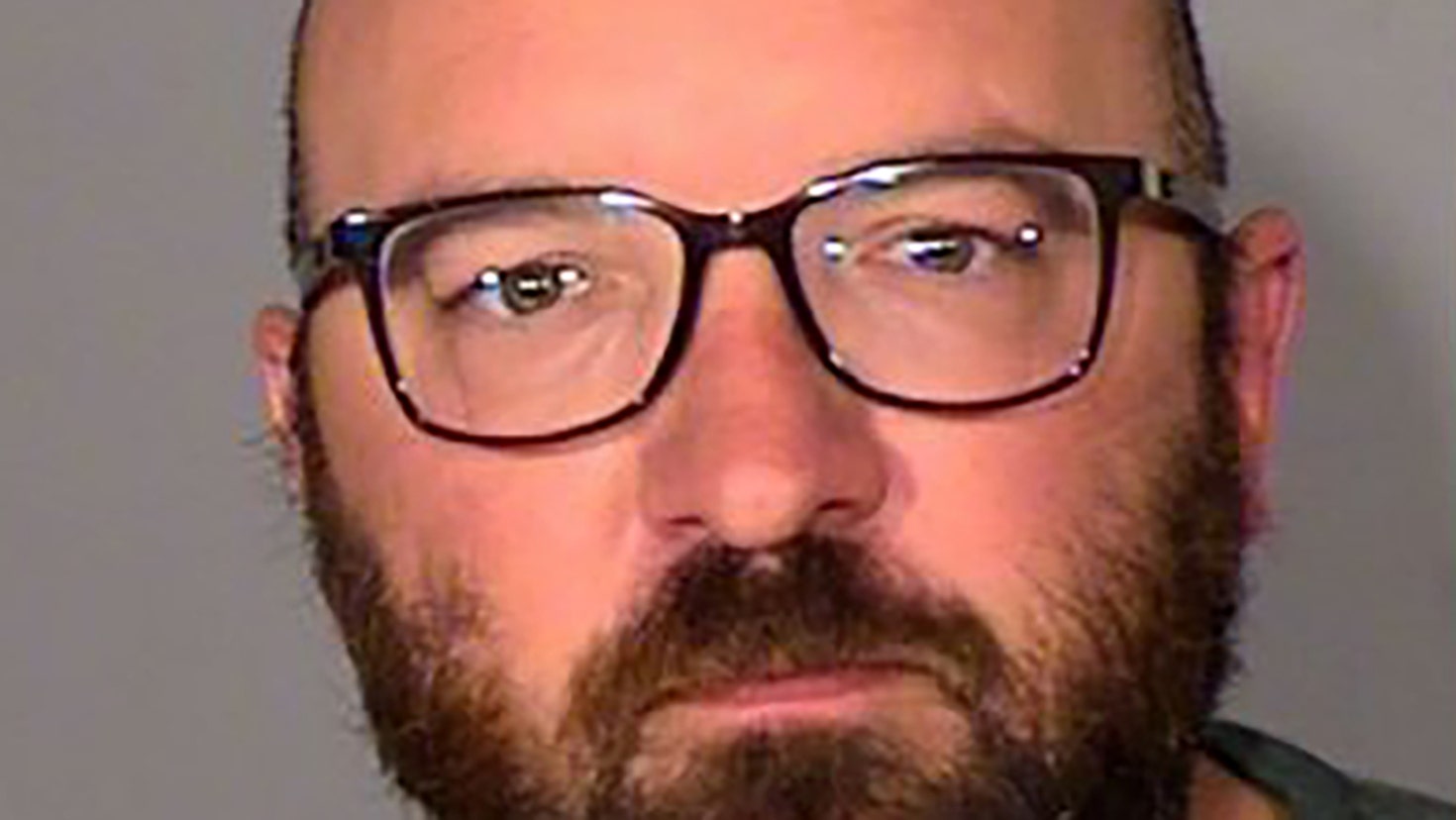
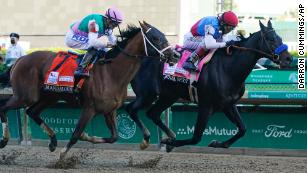
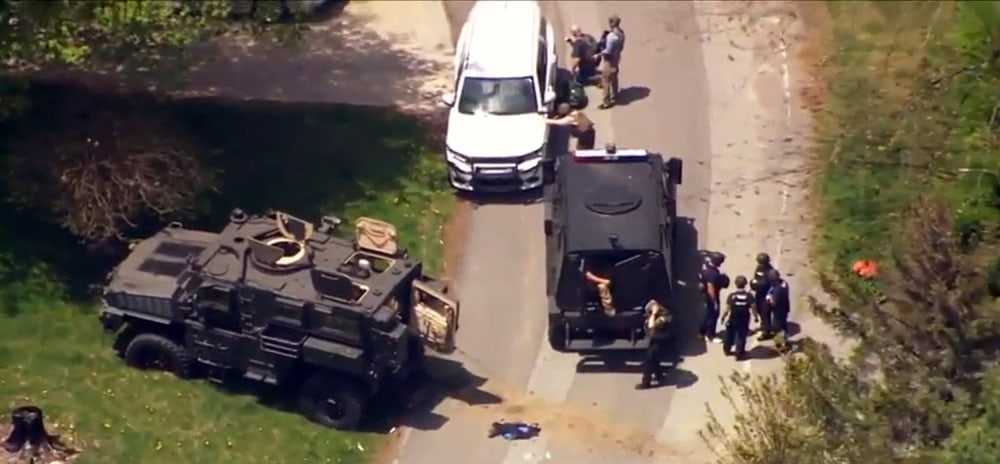



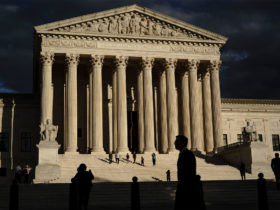
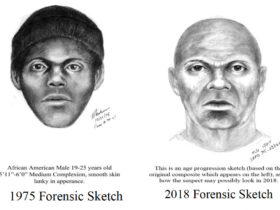
Leave a Reply